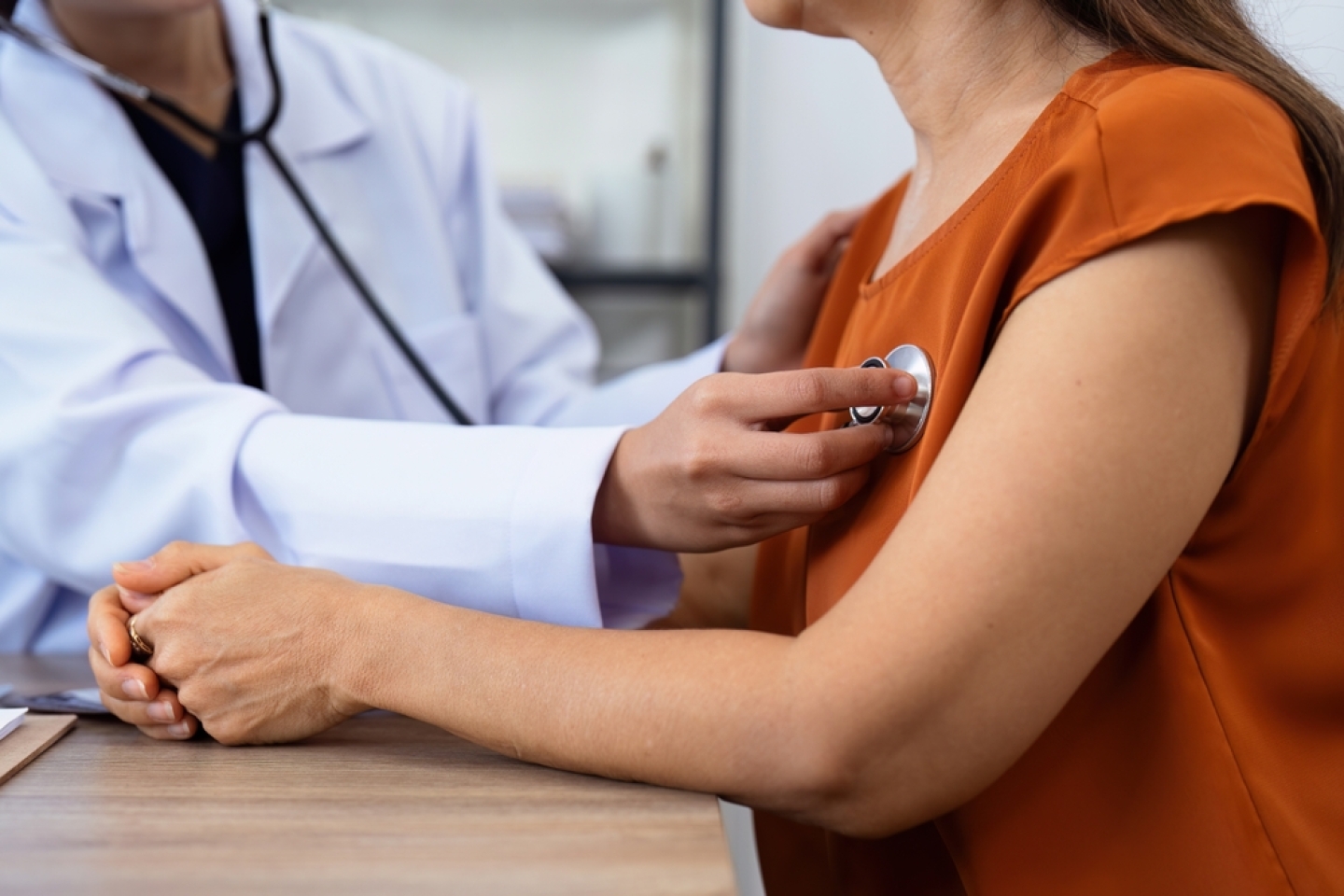
A cancer diagnosis touches every part of your life. It may drain your energy levels, cause you pain and stress you out. Additionally, cancer increases your risk for other health conditions—including heart disease.
A study published in the Journal of the American College of Cardiology found that cancer survivors had “significantly higher risks” of cardiovascular disease and stroke. If you’ve experienced cancer, don’t lose heart. Keep reading to learn about cancer’s impact on the heart and how to protect your most important muscle.
Though cancer can directly affect your heart, cardiac cancer is rare. The threat cancer poses to your heart comes from the therapy you undergo to treat cancer.
Radiation therapy, chemotherapy, immunotherapy and other treatments are effective at destroying cancer cells. However, they can also damage healthy cells. That includes cells of the heart, arteries and any other part of your cardiovascular system.
This damage is known as cardiotoxicity.
According to the American Heart Association, cardiotoxicity may cause or worsen the following heart issues:
Fortunately, there’s a lot you can do to prevent heart disease after cancer treatment. The first step is to talk with your health-care provider. Ask how your treatment may affect your heart and how you can reduce your risk.
At Weill Cornell Medicine, our cardio-oncology program helps limit the effects of cancer care on your heart. Specially trained cardio-oncologists work to prevent and manage heart disease before and after cancer treatment. They monitor you for any indication that your heart has suffered damage. Then they suggest changes in your treatment plan to protect against future injury.
Reducing the risk of heart disease takes a team, and you’re the most important member. By living a healthy lifestyle, you can further guard your heart against cardiotoxicity.
Weill Cornell Medicine is home to a team of experts who are ready to help your heart. Find a doctor today.